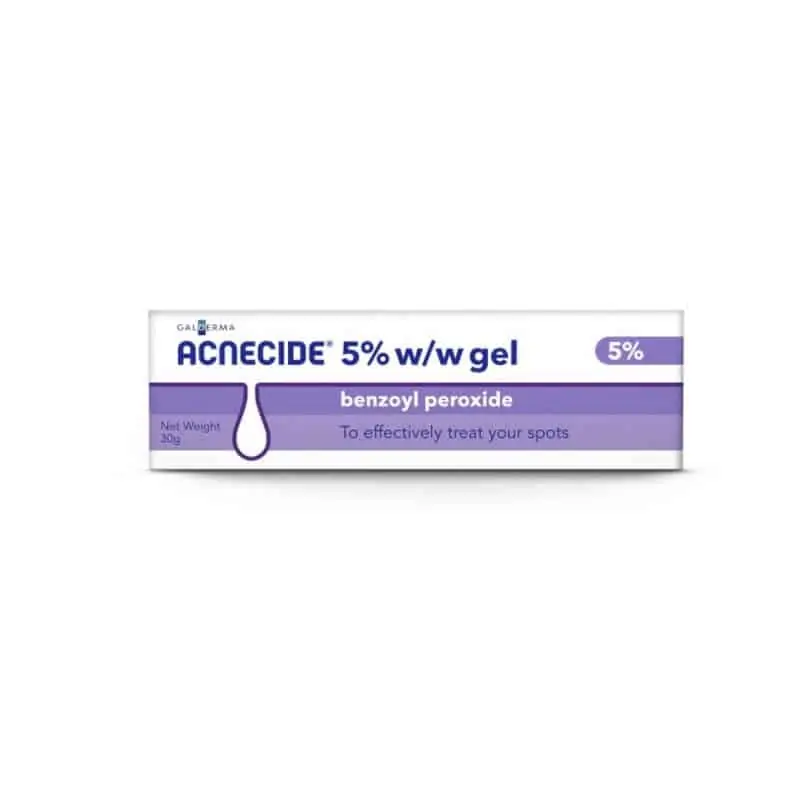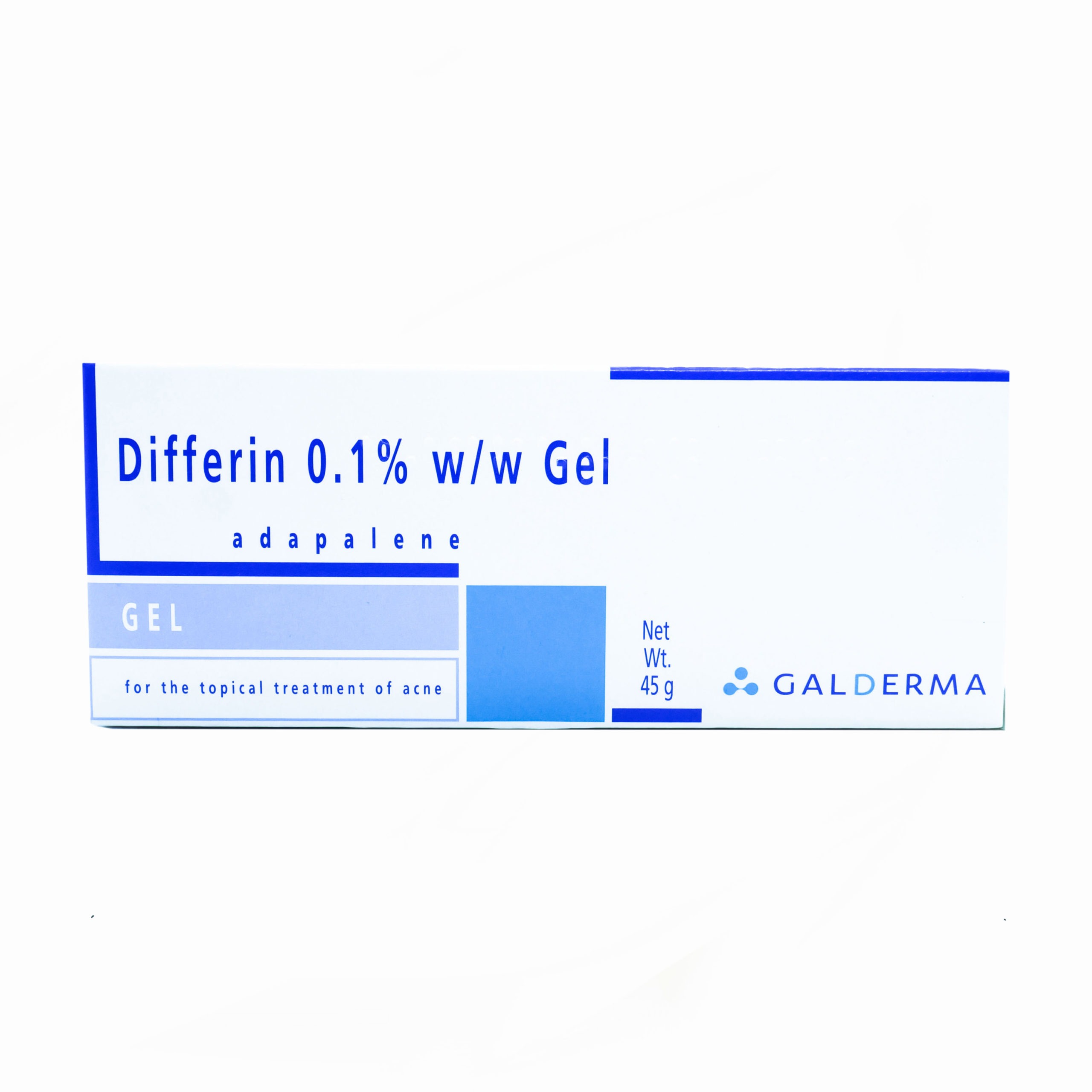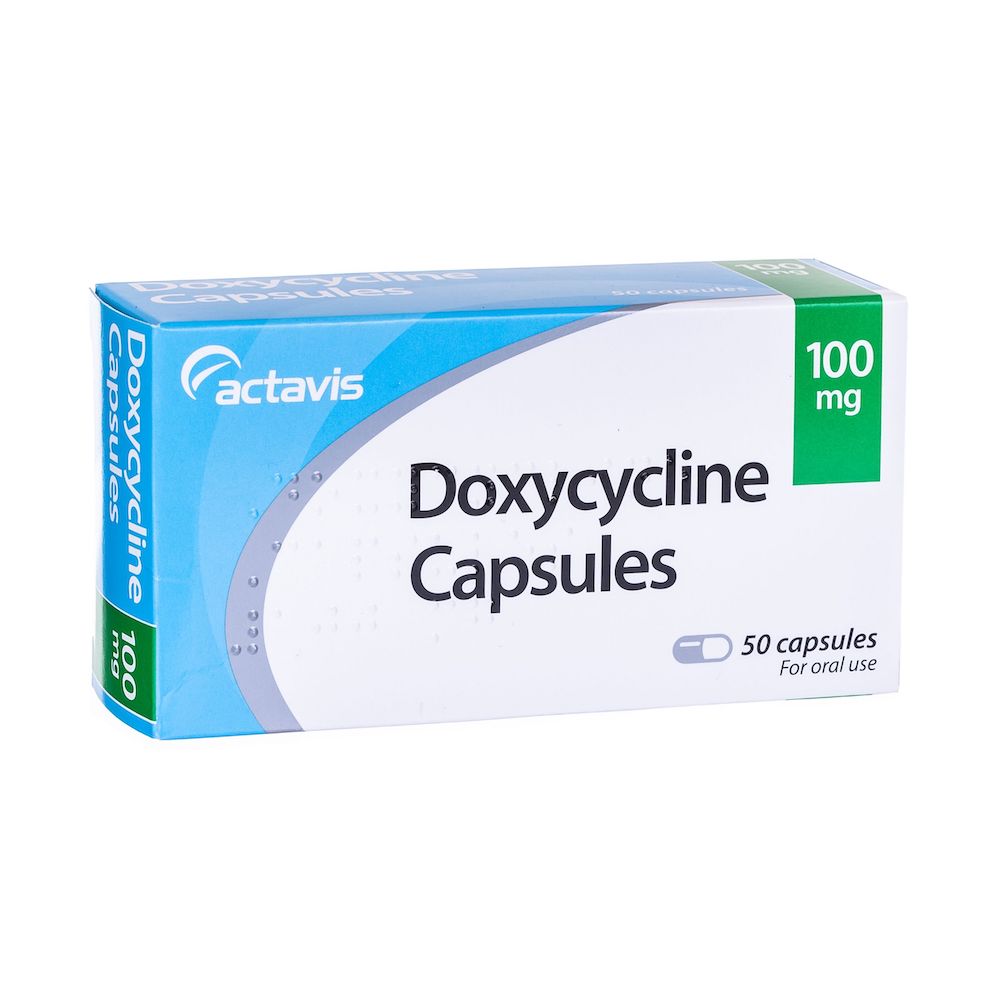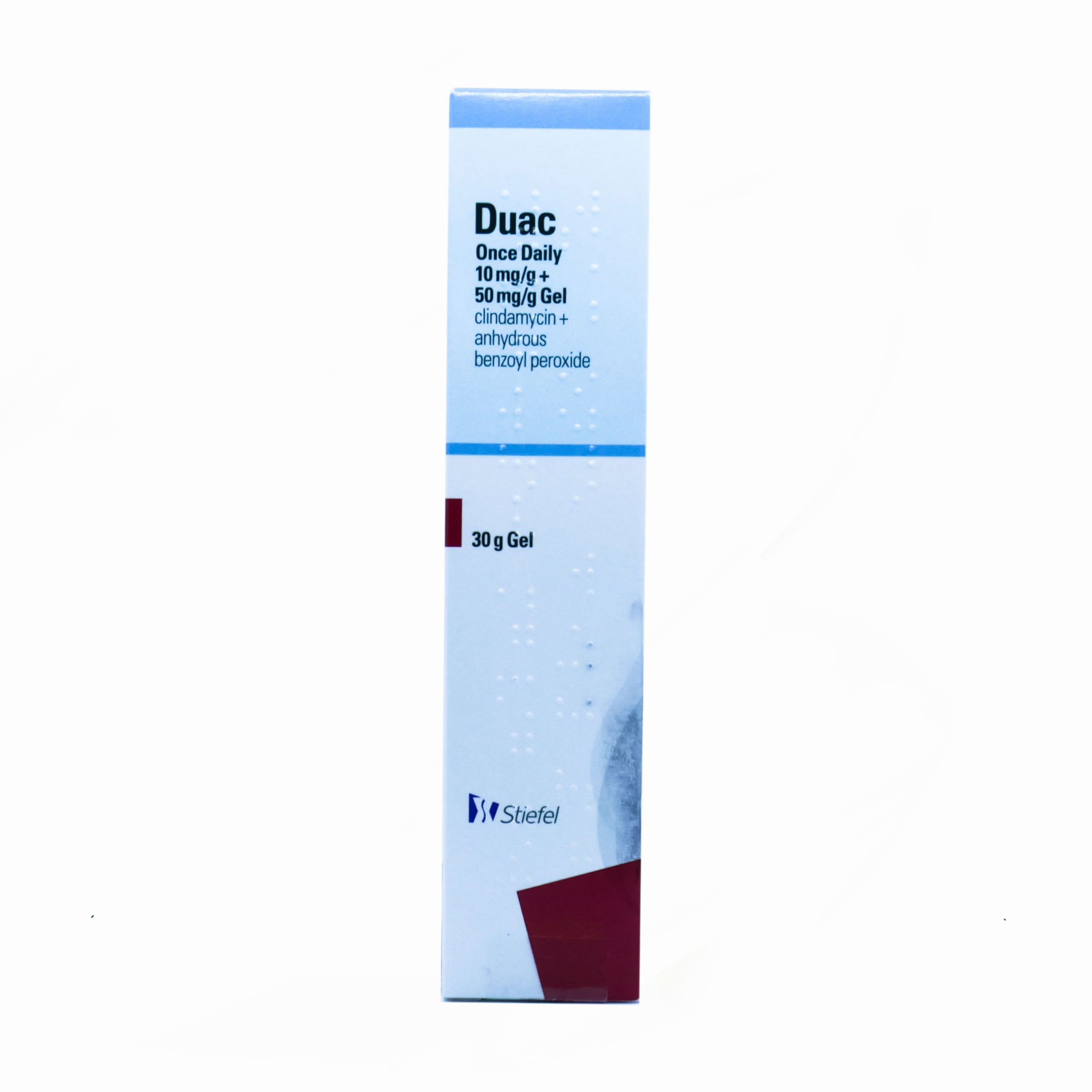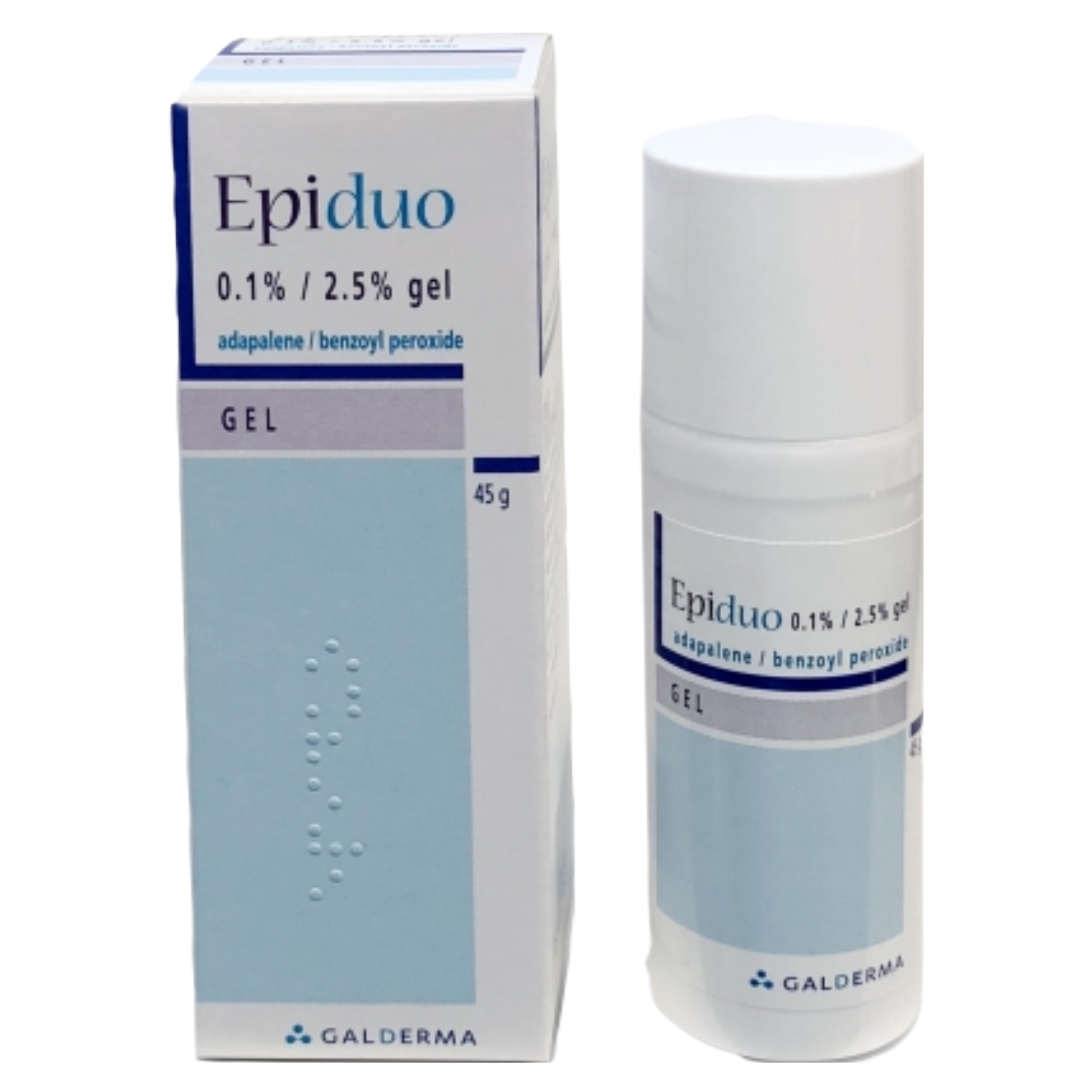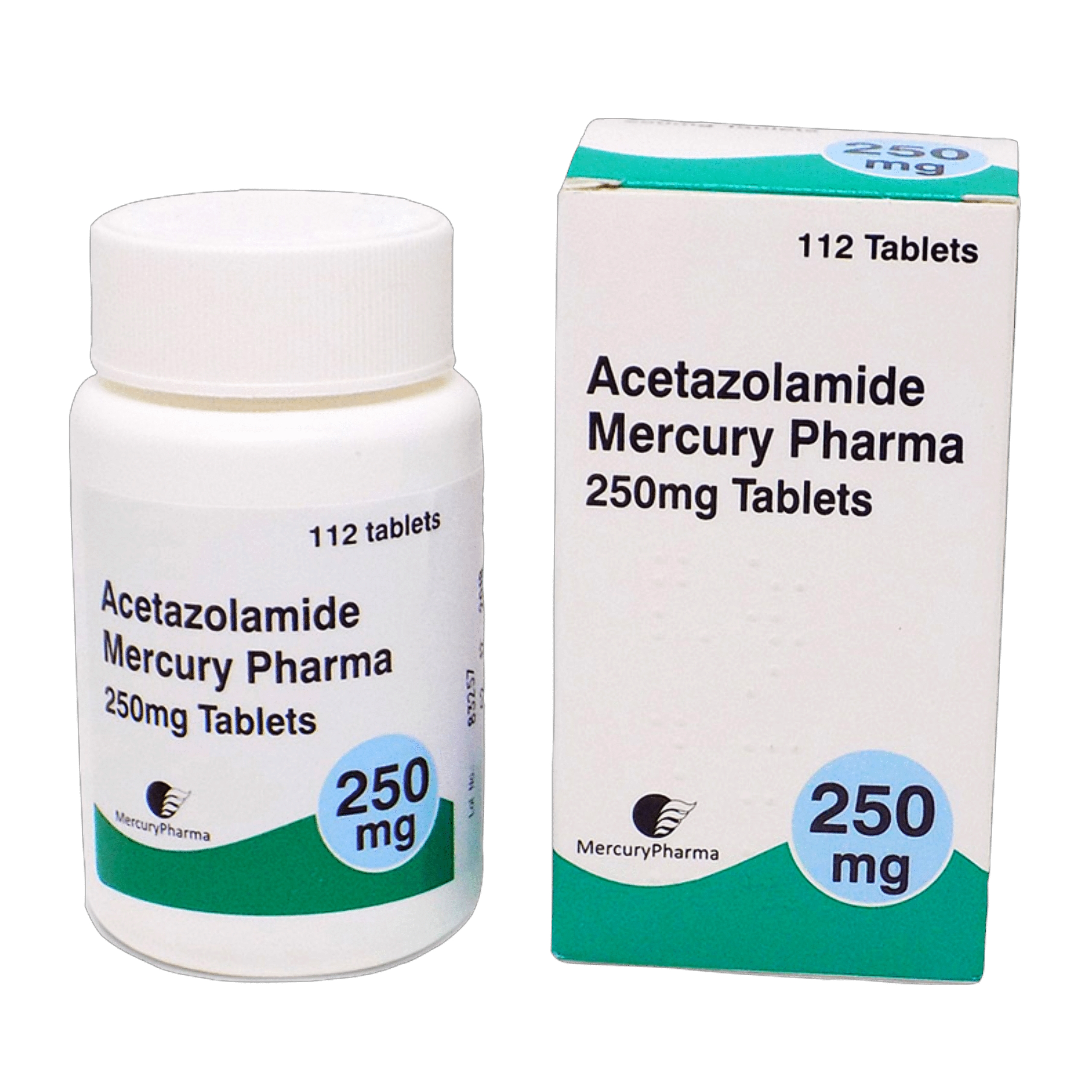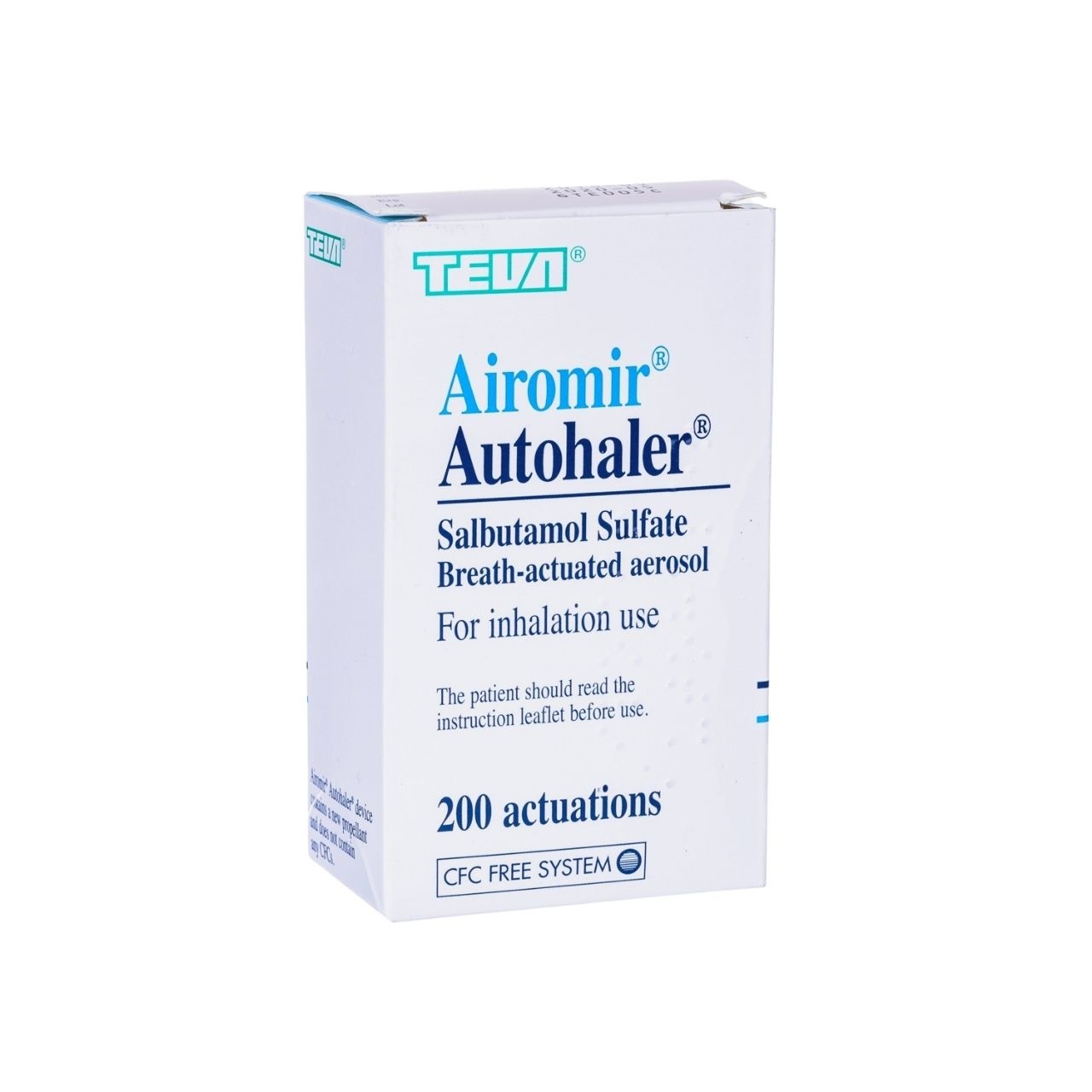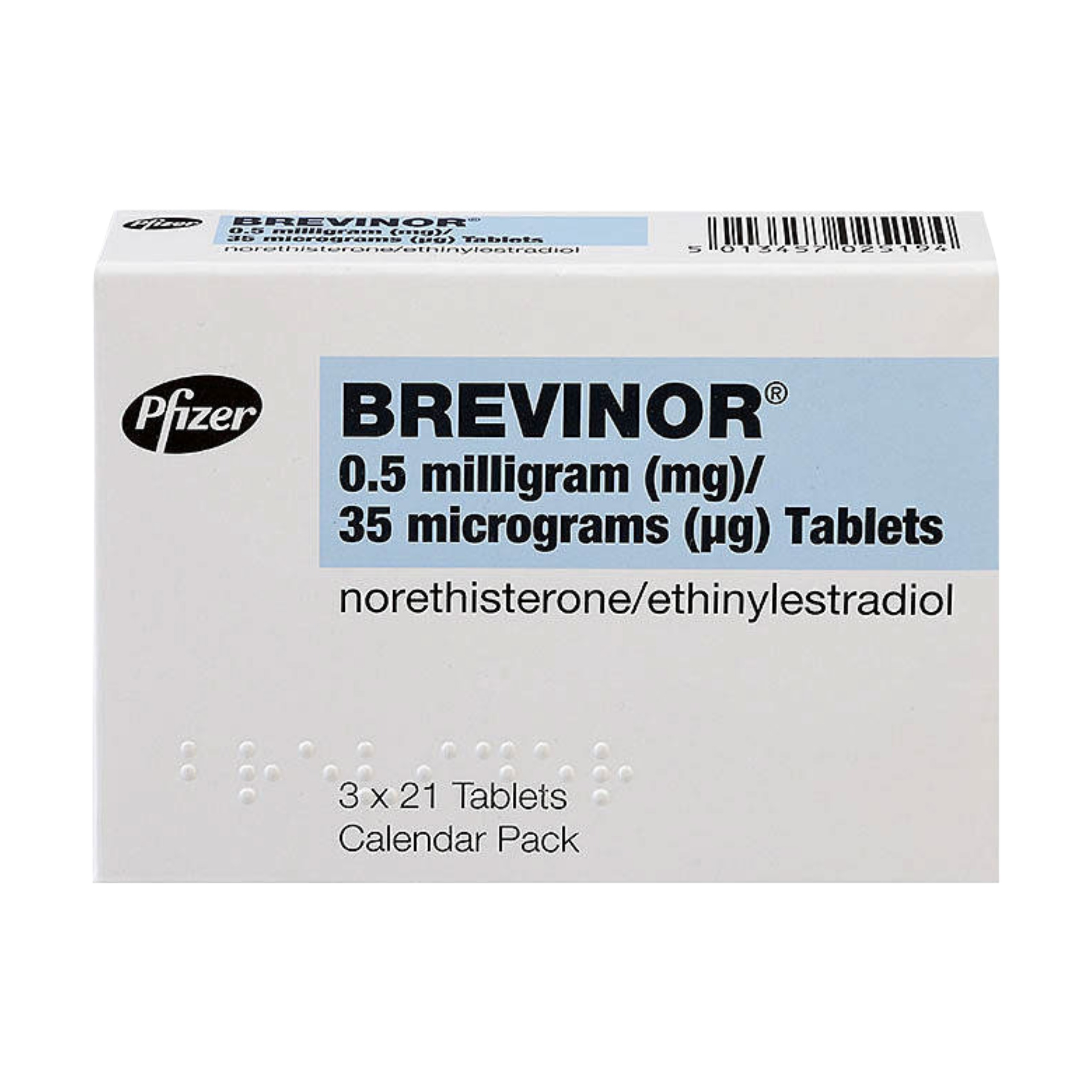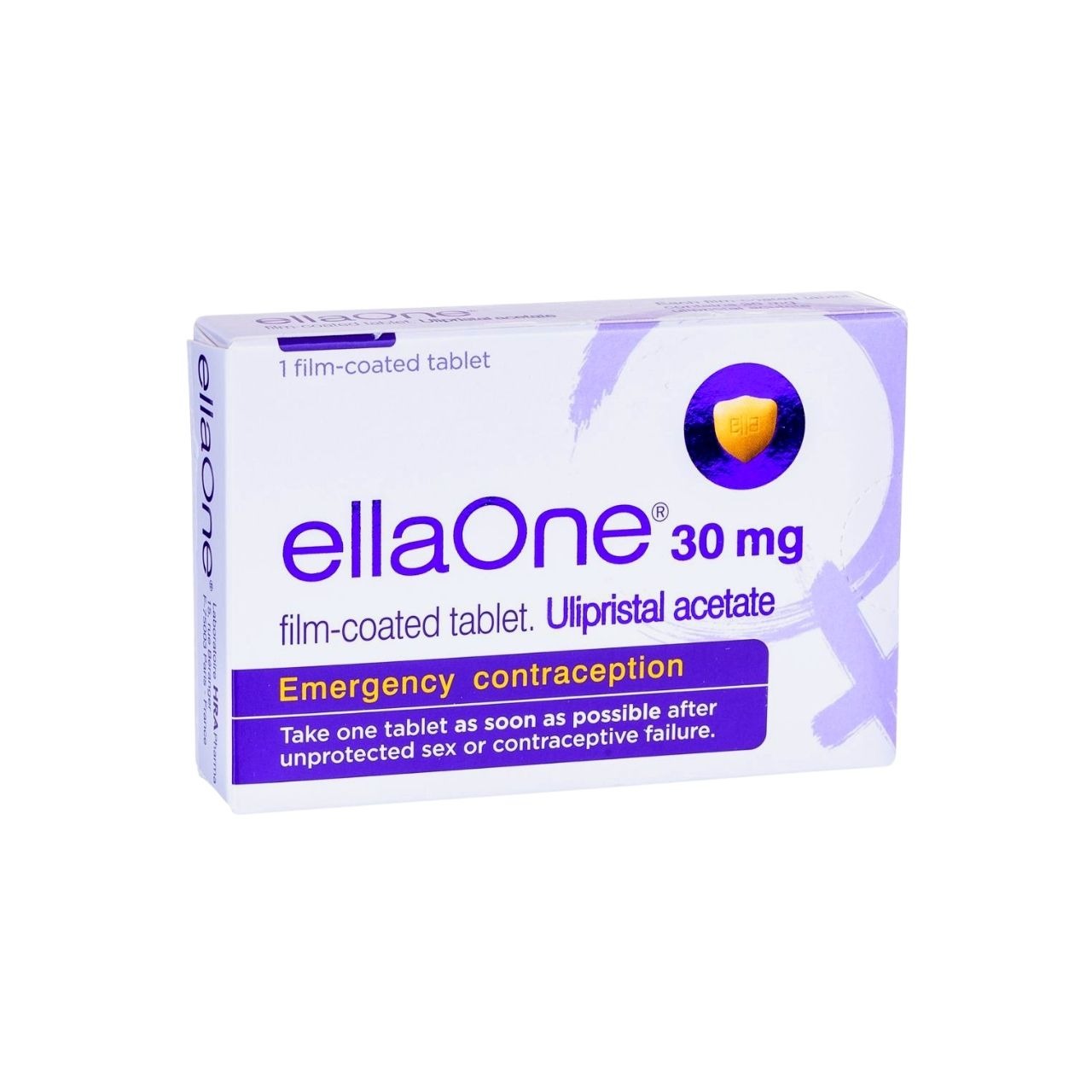Find a Condition to Treat
Or scroll down to browse through all conditions
Acne
Acne is a common skin condition characterised by the presence of pimples, blackheads, and cysts, primarily affecting the face, back, and shoulders. Acne is happens when pores in the skin become blocked. Often, this is due to a substance called sebum which is produced by glands in the hair follicles. Sebum normally helps keep the skin moisturised and water-proof. But too much sebum can cause acne. When pores get blocked they may become inflamed or infected, creating red bumps in the skin. Whilst getting spots is normal, acne is more severe and can be painful and impact self esteem. The types of spots include black and whiteheads, pustules and even cysts. Acne is triggered by hormonal changes at puberty or the menstrual cycle but also during pregnancy. At best acne is embarrassing, especially at a young age, but it can also cause scarring.
Please wait while related products are loading
Altitude Sickness
Altitude Sickness occurs when one ascends to high altitudes too quickly, leading to symptoms like headache, nausea, dizziness, and fatigue. It is caused by the body’s inability to adjust to lower oxygen levels at high elevations. Symptoms of Altitude Sickness usually occur between 6 and 24 hours after reaching altitudes of 8,000 ft or more above sea level. If a person stays at high altitudes for an extended period of time, they may begin to develop chronic altitude sickness.
Please wait while related products are loading
Asthma
Asthma is a chronic respiratory condition marked by inflammation and narrowing of the airways, leading to symptoms like wheezing, shortness of breath, and coughing. It is common, although not fully understood. Triggers include allergens, exercise, cold air, and respiratory infections. There is no cure for asthma, but there are several treatments as well as simple advice on how to manage this long term condition.
Please wait while related products are loading
Contraception
Contraception, also known as birth control, encompasses a range of methods and devices designed to prevent pregnancy. These options vary widely, from barrier methods like condoms, which also offer protection against sexually transmitted infections (STIs), to hormonal contraceptives such as the pill, patches, and injections, which regulate or suppress ovulation. Long-acting reversible contraceptives (LARCs) like intrauterine devices (IUDs) provide effective, extended protection with minimal maintenance. Choosing the right contraceptive method depends on individual health, convenience, and lifestyle factors. It is advisable to consult with a healthcare provider to discuss the most suitable and effective options tailored to your personal needs and health circumstances
Please wait while related products are loading
Emergency Contraception
Emergency contraception prevents pregnancy after unprotected sex or contraceptive failure. If you have had unprotected sex within the last 3-5 days, the emergency contraceptive pill can be taken to help prevent pregnancy when other forms of contraception have failed. Methods include pills like levonorgestrel (Plan B) and ulipristal acetate. It is most effective when taken as soon as possible after intercourse.

